Indian consumers are not too psyched about electric cars: Study
- The 2025 Global Automotive Consumer Study suggests that customers are less interested in buying electric vehicles than in 2024.

Concerns over pricing, range and the lack of adequate charging infrastructure are keeping customers from purchasing electric cars in India, said a Deloitte study on Tuesday.
The 2025 Global Automotive Consumer Study suggested that customers are less interested in buying electric vehicles (EVs) than in 2024.
Check similar cars
Find more cars
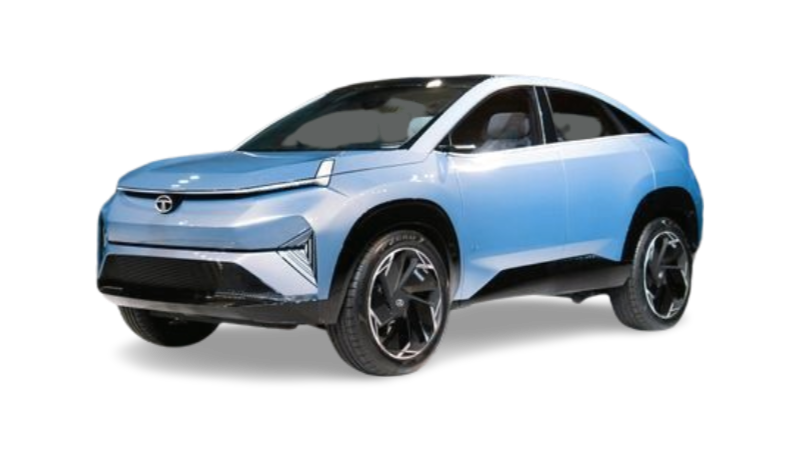
Tata Curvv EV
₹ 17.49 - 22.24 Lakhs

Offers Expiring soon
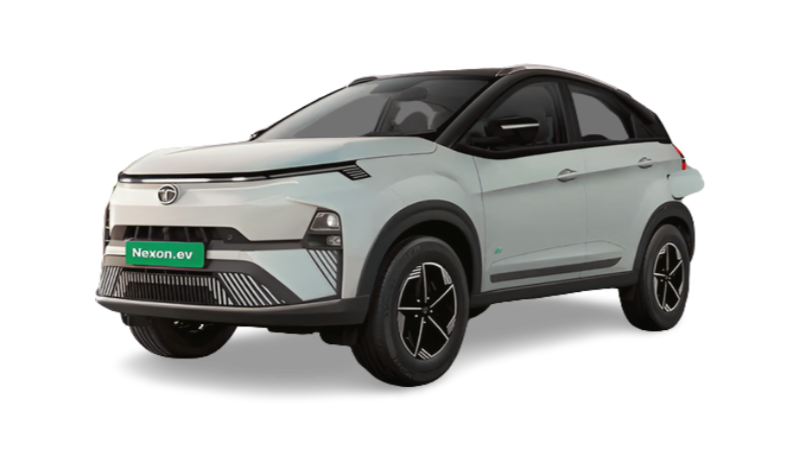
Tata Nexon EV
₹ 12.49 - 17.19 Lakhs

Offers Expiring soon
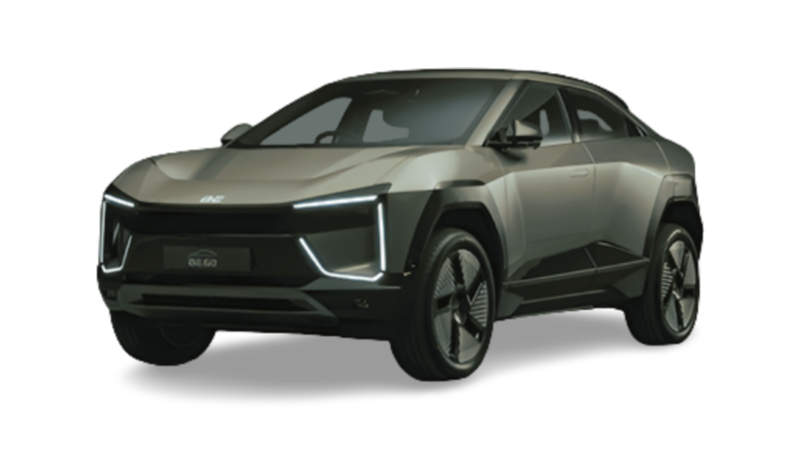
Mahindra BE 6
₹ 18.9 - 26.9 Lakhs

Offers Expiring soon

Mahindra XUV 400 EV
₹ 16.74 - 17.69 Lakhs

Offers Expiring soon
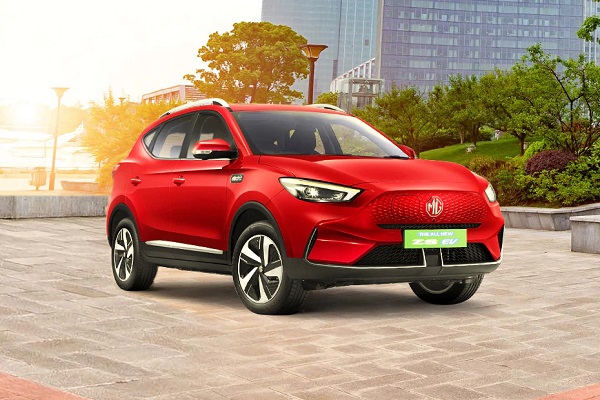
MG ZS EV
₹ 18.98 - 26.64 Lakhs

Offers Expiring soon
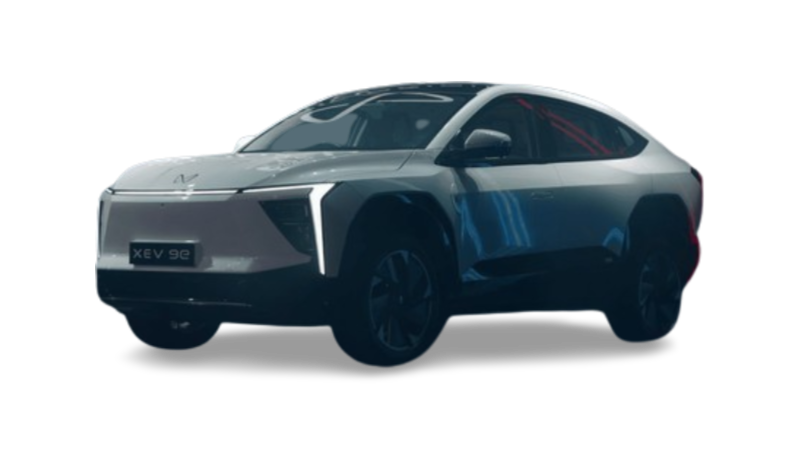
Mahindra XEV 9e
₹ 21.9 - 30.5 Lakhs

Offers Expiring soon
However, the study showed a strong rise in interest in buying internal combustion engine (ICE) vehicles, with 54% of customers choosing traditional fuel-powered cars as their next choice compared to 49% in 2024.
Also Read: Why battery swapping for EVs remains a non-starter in India
In comparison, only about 8% of consumers said they would prefer a battery-powered electric vehicle, a decline from 10% recorded in Deloitte’s 2024 study. Put together, the share of consumers preferring hybrid EVs, plug-in hybrid EVs, and pure EVs has fallen to 41% in 2025 from 46% in 2024.
This comes even as major automakers are launching new EV models in hopes of increasing the share of EVs in their portfolio.
“For all variants of EVs, the demand seems to have stabilized as customers are now dealing with practical challenges,” Rajat Mahajan, partner and automotive sector leader at Deloitte South Asia, said after the report's launch. “We need to wait and watch how the launches by several automakers this year impact the decision of consumers.”
Also Read: 2025 will be the year of EVs for India, say automakers at Bharat Mobility Expo
The country sold 107,000 electric passenger vehicles in 2024-25 compared to 91,607 in 2024. However, the penetration remained subdued at 2.6% in the fiscal. It stood at 2.3% in 2023-24.
Automakers such as Maruti Suzuki Ltd, Hyundai Motor India Ltd, Tata Motors Ltd, Mahindra and Mahindra Ltd, and JSW MG Motor India Ltd have announced several new launches in the EV category.
However, industry experts remain cautious about EV demand.
Partho Banerjee, senior executive officer-marketing and sales, Maruti Suzuki India, pointed out recently that consumers are seeing EVs as secondary cars. “EVs sold today are not primary cars, but rather secondary. Till the time, we don’t solve customer concerns on range, charging infrastructure, and post-sales, buyers will not have confidence,” he said during a media briefing on 1 April.
The Deloitte study, too, highlighted that customers are concerned about the time required to charge, the lack of public charging infrastructure and home charging options, among other things.
The two biggest concerns about pricing are the premium over ICE vehicles and the cost of replacing a battery.
The industry has called for tempering expectations and setting realistic expectations about the adoption of EVs. “Many players had set some unrealistic expectations regarding the transition to EVs in a short period, which is why there is some disappointment about the pace of adoption,” Vikram Pawah, president and chief executive, BMW Group India, said in an interview to Mint earlier.
Also Read: In the resale market, EVs are doing better. But that's only half the story
“The choice of vehicles has to be left to the consumers. All the technologies will remain in play as per our understanding.”
This comes amid the uncertainty in the global markets as the pace of adoption of EVs slows down in key western markets like the US and Europe.
“With expectations of reduced subsidy for EV in the US and extension of meeting carbon dioxide emission regulations in the European Union (EU), most OEMs are refocused on their ICE product pipeline but still expect [battery EV] penetration to increase,” analyst Jay Kale of Elara Capital wrote in a note dated 18 March.
Catch all the Auto News and Updates on Live Mint. Download The Mint News App to get Daily Market Updates & Live Business News.